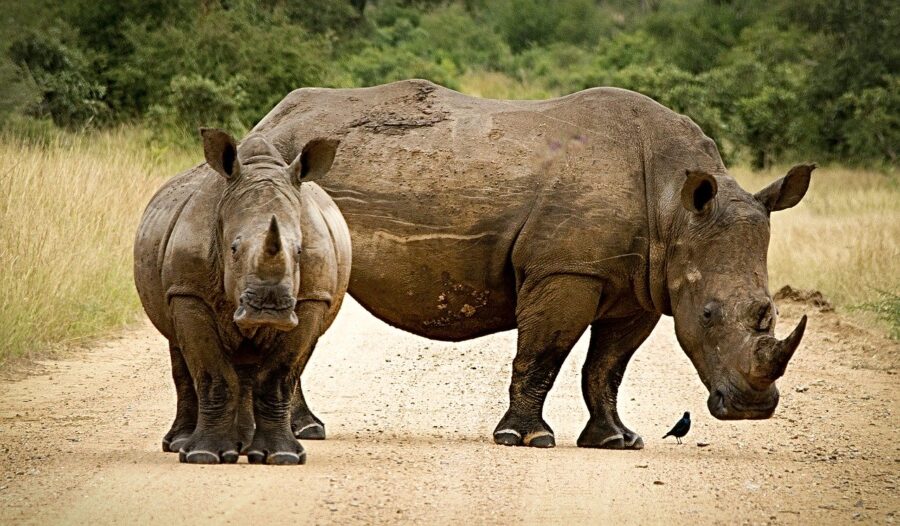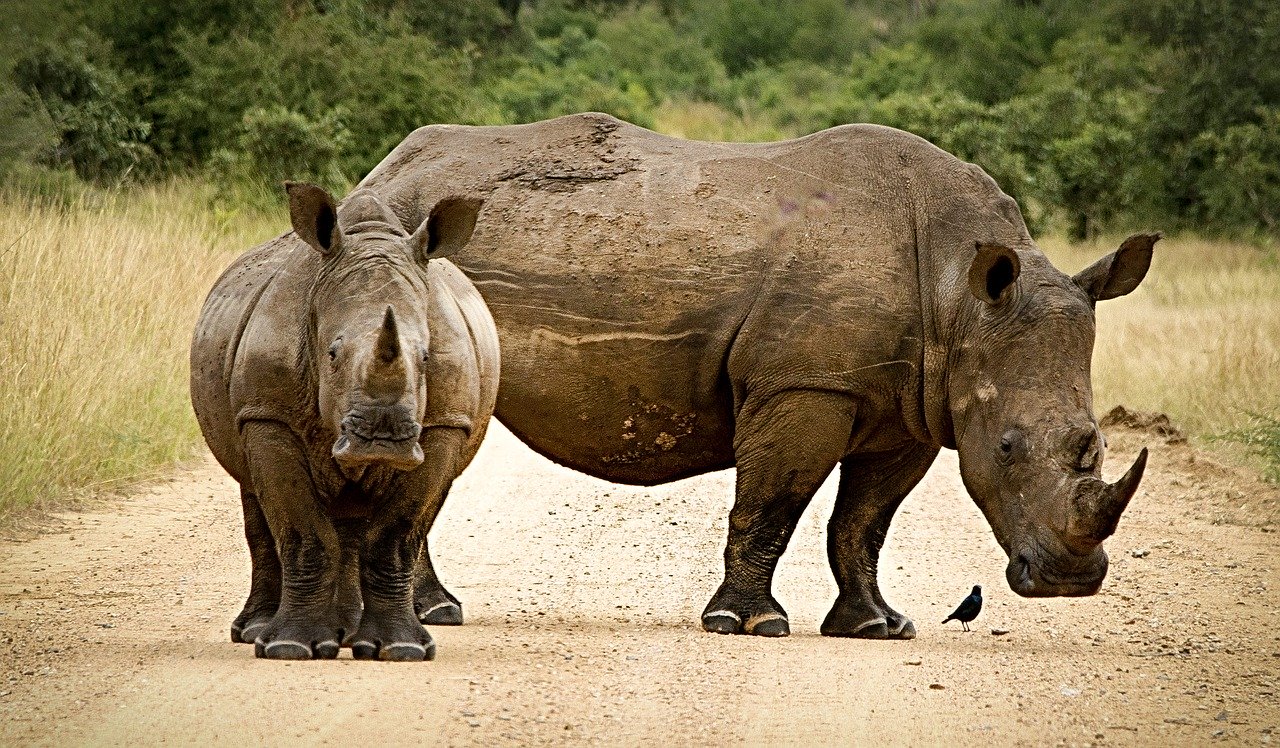
International Commercial Rhino Horn Trade Remains Prohibited
South Africa’s Minister of Environment has stressed that International commercial trade of rhino horn and derivatives remains prohibited… in terms of the Convention on the International Trade in Endangered Species of Wild Fauna and Flora (CITES) and the South Africa’s CITES regulations (2010). “International commercial trade in rhino horn is and remains prohibited in terms […]

South Africa’s Minister of Environment has stressed that International commercial trade of rhino horn and derivatives remains prohibited… in terms of the Convention on the International Trade in Endangered Species of Wild Fauna and Flora (CITES) and the South Africa’s CITES regulations (2010).
“International commercial trade in rhino horn is and remains prohibited in terms of the CITES regulations and as such, could not be authorised in terms of any domestic legislation,” Environment, Forestry and Fisheries Minister Barbara Creecy said in a statement.
Creecy said any claims to the contrary are a misrepresentation of the facts regarding commercial international trade in rhino horn, and any planned commercial trade of rhino horn by private rhino owners could possibly be for domestic trade only.
“South Africa cannot, therefore, issue permits for international commercial trade of rhino horn or derivatives. Trying to sell rhino horn internationally for commercial purposes would be in violation of the CITES regulations and the National Environmental Management: Biodiversity Act (NEMBA),” said the Minister on Thursday.
The Minister said the domestic trade in rhino horn is subject to the issuance of the relevant permits in terms of NEMBA, its regulations and applicable provincial legislation.
“Any other international activity involving rhino for non-commercial purposes is subject to the CITES provisions and relevant NEMBA regulations,” Creecy said.
In terms of NEMBA, a permit is required to among others possess, transport and trade in rhino horns and any derivatives or products of horn.
The Minister also emphasised that the High-Level Panel is reviewing among others, policy and practice matters of trade, breeding, hunting and handling of rhinos in South Africa and the panel will make recommendations to her on such.
“The department maintains an electronic database that captures extensive details on all individual rhino horns in private and government-owned and continues with its verification programme to ensure that DNA samples have been taken and that all horns have been measured, weighed, marked, microchipped and captured on the national database.
“This supports our ongoing efforts to ensure that the department has full and accurate information on the number of horns in South Africa at any given time and the registered owner of each horn. This is vital to prevent the smuggling of horn out of the country,” the Minister said. – SAnews.gov.za
